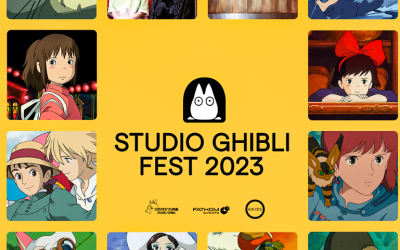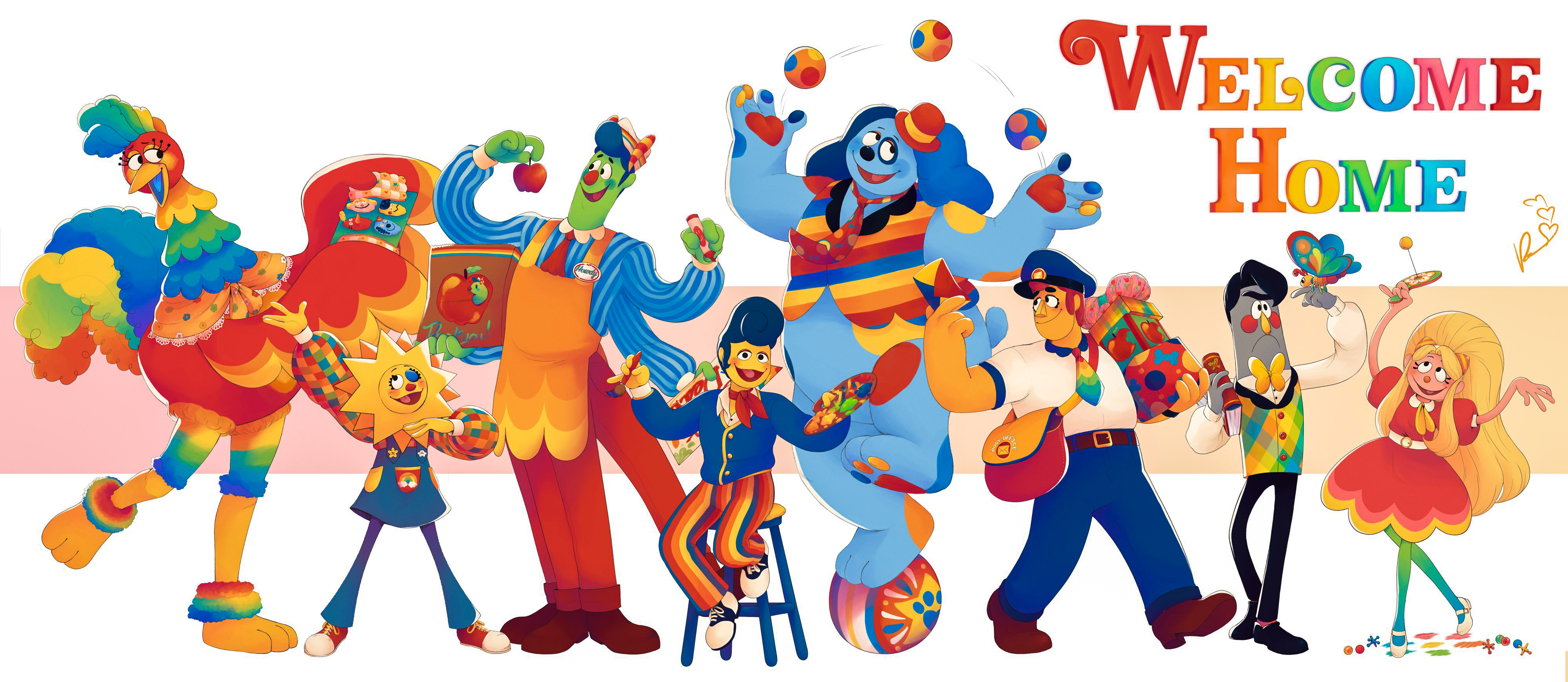Written by: Jude Bokovoy For the graduating senior class, the time has come where many get professional pictures taken to commemorate the milestone and to share with friends and family. There is more time and effort put into the act than one may think. Although it is...
Entertainment
Abby’s House takes part in #30daysfoSAAM
Written by: Mirella Barrera-Betancourt Content warning: includes mentions of assault and violence This year, in recognition of Sexual Assault Awareness Month, Abby’s House is demonstrating support for survivors of interpersonal violence and sexual assault through a...
AI may not be as scary as it seems
Written by: Nicholas Sarysz Most people will never be able to fully understand the scope of what artificial intelligence does because we don’t have attention spans that last any longer than a low-effort TikTok. Years ago, the idea of robots doing work for humans felt...
John Wick movies ranked
Written by: Mirella Barrera-Betancourt Content warning: contains spoilers for “John Wick: Chapter 4” The “John Wick” movie universe returned on March 24 with the release of the fourth installment, “John Wick: Chapter 4,” which left audiences reeling with unexpected...
Instrumental beats
Written by: Gretchen Sims “Satellites” — Cavement “Out For a Walk” — Same as Different “Sidewalking” — Jazzdroid “humify” — hope mona “When You’re Gone” — Piano Guys “Purple love” — Discant Of Venus “Titanium – David Guetta” — Eklipse “Happy Ending” — rjoseph “A...
Ghibli in theater
Written by: Gretchen Sims Anime fans across campus listen up. It is everyone’s dream to go back in time and be able to watch their favorite anime for the first time all over again. What if one is now able to achieve the next best thing? Studio Ghibli movies are often...
Welcome home, neighbor
Written by:Mikayla Coleman Content warning: this article contains themes pertaining to psychological horror Nostalgia — derived from the Greek words “notos,” meaning return, and “algos” meaning pain — has been a hot commodity in the contemporary art, horror and...
Spring reads
Written by: Jude Bokovoy Reading gives one the ability to relax, calm the mind, enhance their vocabulary and learn depending on the book. Start this spring off fresh with a new book and reading spot. Fellow students gave suggestions on what to read and ideal reading...
Video essay recommendations
Written by: Mikayla Coleman In an ever changing and expanding digital space of content creation, the video essay has become a staple genre on video-sharing websites such as Youtube. A video essay is an essay in video form that aims to persuade, educate or critique...
Spring bops
Written by: Mikayla Coleman “Spring Has Sprung” — Skegss “Back Pocket” — Vulfpeck, Vulf “Hutch” — Barrie “Don’t Trust Me” — the booyah! Kids “Where’d All the Time Go?” — Dr. Dog “Golden” — Hippo Campus “A Bird’s Last Look” — Macabre Plaza “Cinnamon” — Palehound “Back...











